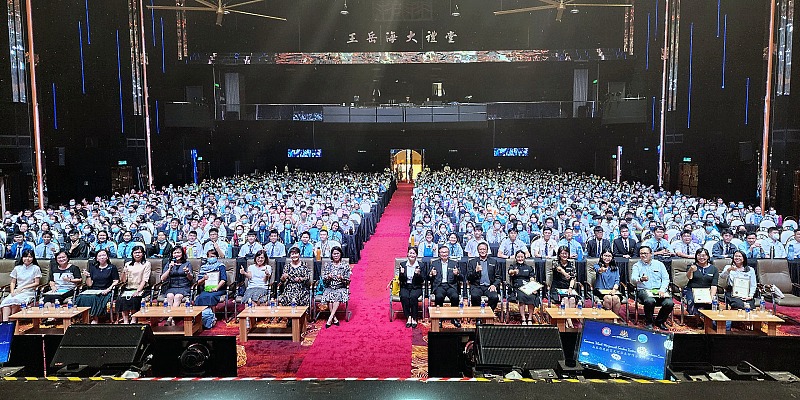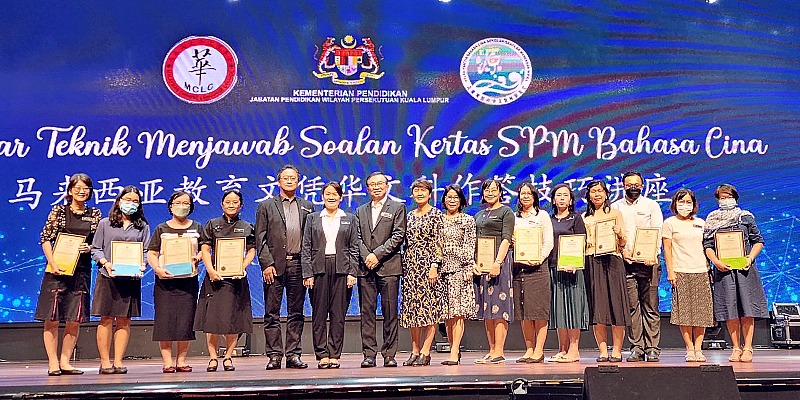
PETALING JAYA: The number of candidates sitting for SPM Chinese paper is declining as many are not keen to sit for the paper besides a shrinking Chinese population, says Datuk Eddie Heng Hong Chai, president of the Malaysian Chinese Language Council.
The number of candidates who take SPM Chinese paper has dropped to 40,000 now.
Prior to this, about 50,000 candidates sat for the paper in 2014. The number of candidates declined to 47,000 in 2015 and 40,500 in 2020.
The number of candidates increased slightly to 42,500 in 2021, he said.
The SPM Chinese paper is perceived as difficult to score an ‘A’.
In 2009, only 0.20% or 108 among the 50,000 candidates scored A+ for the paper.
In 2010, 0.29% or 161 candidates scored A+.
“The council, together with many Chinese education groups, submitted a memorandum of understanding to the Ministry of Education then, requesting the ministry to review the extremely low percentage of A+,” he said.
After years of effort, the percentage of A+ for SPM Chinese paper increased gradually over the years.
The percentage of A+ for SPM Chinese paper reached 2.4% in 2021 with close a thousand candidates having the best score.
Apart from A+, the percentage of A and A- also increased from 11% more than 10 years ago to 20% in 2022.
Heng urged students to discard the perception that SPM Chinese is a difficult paper to score A.
“The council works with other education groups to upgrade the standard of Chinese in secondary schools,” said Heng at at a workshop attended by close to 1,000 candidates sitting for SPM Chinese paper and teachers at HGH Convention Center at Sentul on Tuesday.
The workshop highlighted the techniques to sit for the SPM Chinese paper.
For those who are keen to be a Chinese language teacher, an A in SPM Chinese is a must.
Heng said the number of students sitting for SPM Chinese paper will have a direct impact on the number of Chinese teachers in primary schools.
“Many aspire to be Chinese primary school teachers but are rejected because they did not take SPM Chinese paper,” Heng explained.
He also said many university graduates who did not take SPM Chinese paper were not allowed to teach at Chinese primary schools.

ADVERTISEMENT
ADVERTISEMENT


































